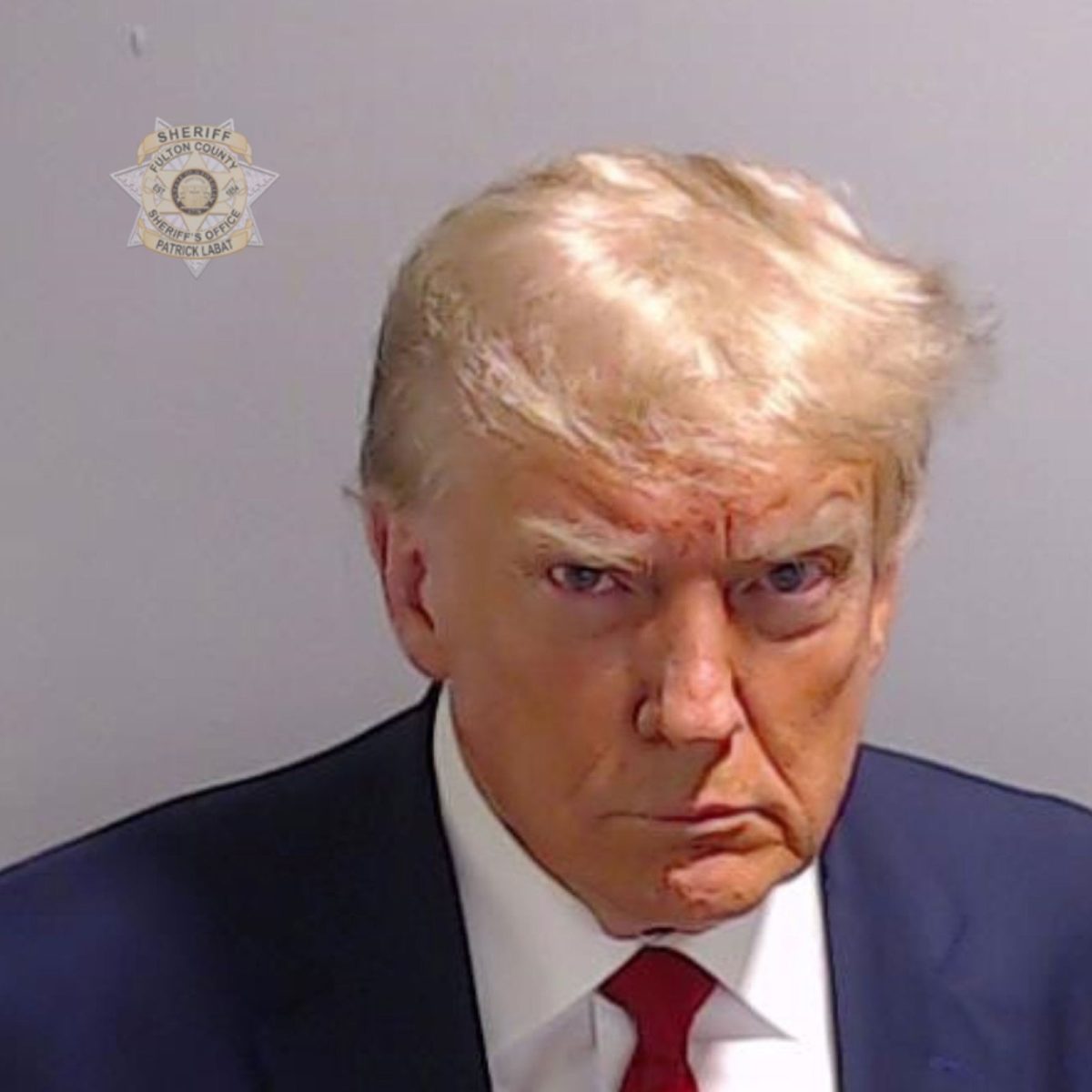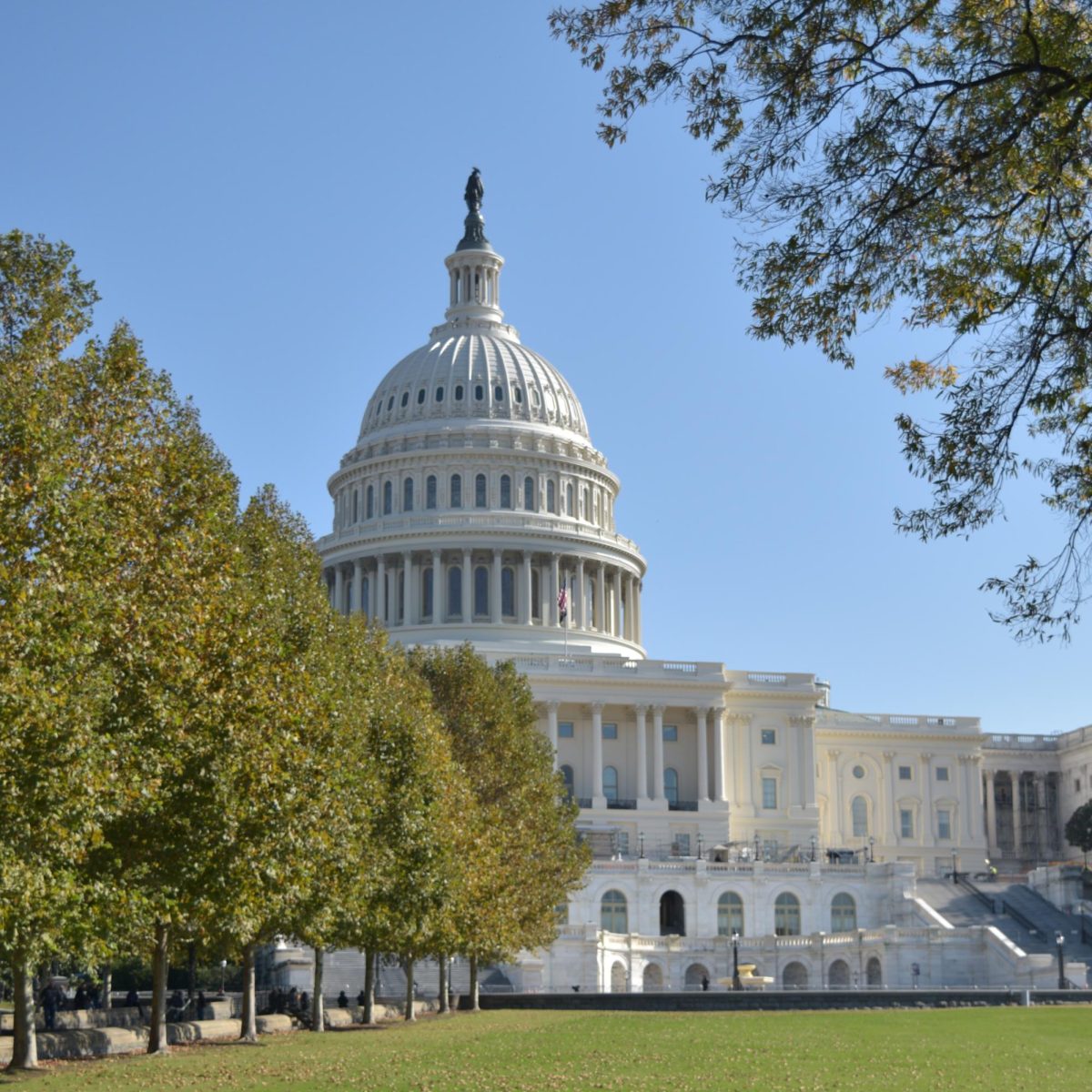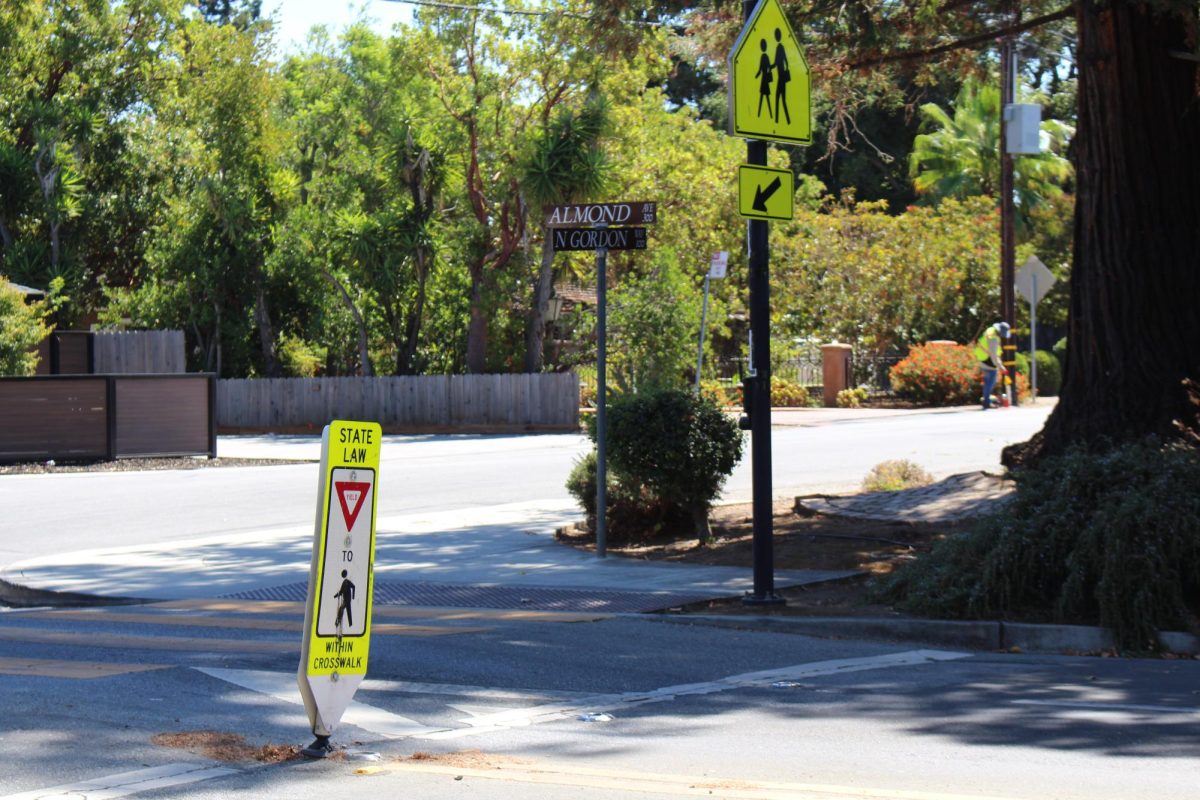Over the past five months, former President Donald J. Trump has been indicted four times, twice in a federal court. Trump — who is also the frontrunner for the 2024 Republican nomination for the presidency — faces 91 felony counts.
An indictment formally notifies a person that they’re accused of committing a felony. Indictments are issued by grand juries, consisting of 16 to 23 citizens, after hearing evidence from prosecutors. Afterward, the defendant is arraigned, or notified of all the charges against them, and given a chance to enter a plea. Trump pleaded not guilty on all 91 of his charges.
Here’s a rundown of his four indictments.
First Indictment
Trump’s first indictment was on Tuesday, March 30 earlier this year. A Manhattan grand jury indicted Trump for allegedly falsifying business records related to a hush money payment to adult film actress Stormy Daniels. Trump allegedly paid $130,000 to his lawyer with Trump Organization checks which were classified as made-up legal expenses.
Trump is charged with 34 felony counts, and the trial is set to take place on Monday, March 25, 2024.
Second Indictment
A federal grand jury in Miami indicted Trump for a second time on Thursday, June 8th. Trump was charged with 40 criminal counts primarily relating to the claim that he allegedly stored classified government documents in unsecured locations within Mar-a-Lago estate and obstructed the government’s search for those documents. An FBI search of Mar-a-Lago on Monday, August 8 last year found over 100 classified documents lying around the estate, including in Trump’s office and bathroom.
The trial is scheduled for May 20, 2024.
Third Indictment
Trump’s third criminal case concerns his role in the January 6th Capitol attack. Key evidence includes a phone call between Trump and Georgia Secretary of State Brad Raffensperger, in which Trump pressured Raffensperger to “find 11,780 votes”, and overturn the election. The indictment was delivered by the United States Department of Justice, as was the second indictment relating to classified documents.
Presiding over the case is Judge Tanya Chutkan, who has overseen multiple January 6 cases. Appointed by former President Barack Obama, she has sentenced at least 38 January 6 defendants in her courtroom to prison.
The trial is scheduled for March 4th, 2024.
Fourth Indictment
Trump’s fourth and latest indictment was issued on Monday, August 14. Like the previous indictment, it stems from his alleged efforts to meddle with the 2020 presidential election. Trump and 18 other associates, including Trump lawyer and former New York City mayor Rudy Giuliani, were indicted by an Atlanta grand jury, and Trump surrendered himself to Fulton County Jail on Thursday, August 24. Trump is facing 13 state charges in the case.
Fani T. Willis, the District Attorney of Fulton County, Ga., is pushing for a trial in October, months earlier than expected, while Trump’s legal team contended that they needed until 2026.
Judge Scott McAfee approved a request from four Atlanta news stations asking for permission to allow cameras in the courtroom. Federal courtrooms prohibit the use of cameras, and New York courtrooms rarely allow them. Therefore, the Atlanta trial may also be the only trial to be televised.
What does this mean for Trump?
If Trump is convicted of any of the 91 charges that have been brought against him, he’d be classified as a felon. However, this doesn’t prevent him from running for president. The Constitutional requirements to run for president don’t restrict felons from running for or holding office. Notably, in 1920, Socialist candidate Eugene V. Debs received nearly one million votes while campaigning from a prison cell after encouraging United States citizens to dodge the World War I draft.
The first GOP debate in the 2024 presidential election was held on Wednesday, August 23, with eight candidates vying for the Republican nomination — except Trump. Despite his absence and the fact that he’s leading the race for the Republican nomination by a significant margin, he received little criticism from the candidates onstage. When asked whether they’d support Trump as the Republican nominee — even if he was convicted of a crime — nearly every candidate on stage affirmed, although hesitantly. In the few instances where Trump was criticized or attacked, intense booing from the crowd ensued. Despite Trump’s legal troubles, he remains popular and likely to clinch the Republican nomination for President.
Glossary of Terms
Felony: A crime that is considered more serious than a misdemeanor, and is commonly punishable by more than one year.
Grand Jury: A jury consisting of 16 to 23 citizens, which determines whether criminal charges can be brought upon a defendant.
Indictment: A formal notice that lets someone know that they’re accused of committing a felony. An indictment is issued by a grand jury, after hearing evidence from a prosecuting team.
Arraignment: Defendant’s first appearance at court, where they are informed of their charges and given a chance to enter a plea.
Federal court: Established under the Constitution, federal courts interpret the federal law. When a defendant commits a federal crime, they go to federal court.
State court: General jurisdiction courts. When a defendant commits a state crime, they go to state court.










